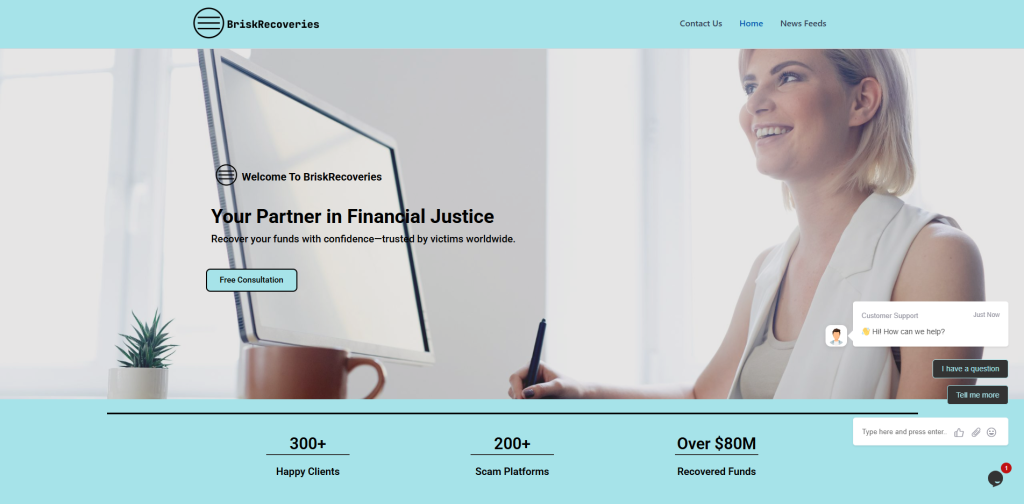In the past, email was the main avenue for digital scams, but people have become better at spotting these threats. Unfortunately, scammers have adapted and now target Facebook users, where many people unknowingly fall victim to fraud. Facebook Messenger, a tool meant to connect with loved ones, is also being used by scammers to defraud unsuspecting users.
Today, there are various types of Facebook scams circulating, including Facebook Marketplace scams, account cloning, and the “friend or relative” scam. However, a growing method is through Facebook groups, where scammers exploit a shared membership to establish a sense of trust.
How Facebook Group Scams Work
Scammers infiltrate Facebook groups and message users, pretending to share valuable information based on their shared group membership. For example, they may claim they’ve recently received a grant or government aid and encourage you to apply. Once you agree, they’ll send a link to a fake website asking for your personal information. After submitting your details, they’ll tell you you’re eligible for the grant but must first pay a small application fee (usually much smaller than the promised grant amount). Unfortunately, not only do victims lose their money, but their identity is also stolen.
Steps to Recover Your Money from a Facebook Scam
Recovering funds lost in a Facebook scam can be difficult, but it’s not impossible. The first step is to report the scammer’s account to Facebook to prevent others from falling victim.
If you have other means of contacting the scammer, such as email or phone, you can try to threaten them with legal action. However, this rarely results in a refund. Instead, taking concrete steps to recover your funds is crucial. Here are some actions you can take:
- Hire a Fund Recovery Expert: A professional hacker or fund recovery expert can track the scammer and help retrieve your money. These experts use advanced techniques, including tracing transactions and sometimes using ransomware on the scammer’s site, to pressure them into returning your funds.
- Fund Recovery: Consider hiring BriskRecoveries, a trusted platform with experienced recovery experts. With over a thousand successful recoveries, they can assist you in recovering your money from Facebook scams and other online fraud.

How to Protect Yourself from Facebook Scams
- Avoid Accepting Requests from Strangers: Only accept friend requests from people you know. Be cautious of profiles that look suspicious or unfamiliar.
- Verify Emergency Requests: If you receive a message from a friend asking for money or claiming they are in trouble, contact them outside Facebook to confirm if the request is genuine.
- Report and Block Scammers: If you suspect someone is using a fake account to scam you, block them and report the account to Facebook immediately.
- Be Cautious with Links and Attachments: Avoid clicking on suspicious links or opening attachments from unknown sources, as they may contain malware or redirect you to phishing sites.
- Don’t Fall for “Free” Grants or Lotteries: Be aware that real grants don’t require an upfront payment. If someone asks for money to apply for a grant, loan, or lottery, it’s likely a scam.
- Regularly Change Your Password: Protect your account by regularly updating your password. Enable two-factor authentication for an extra layer of security.
By taking these steps, you can protect yourself from Facebook scams and act quickly if you fall victim to one. For expert help in recovering lost funds, BriskRecoveries is a reliable option. Stay vigilant and stay safe online.
